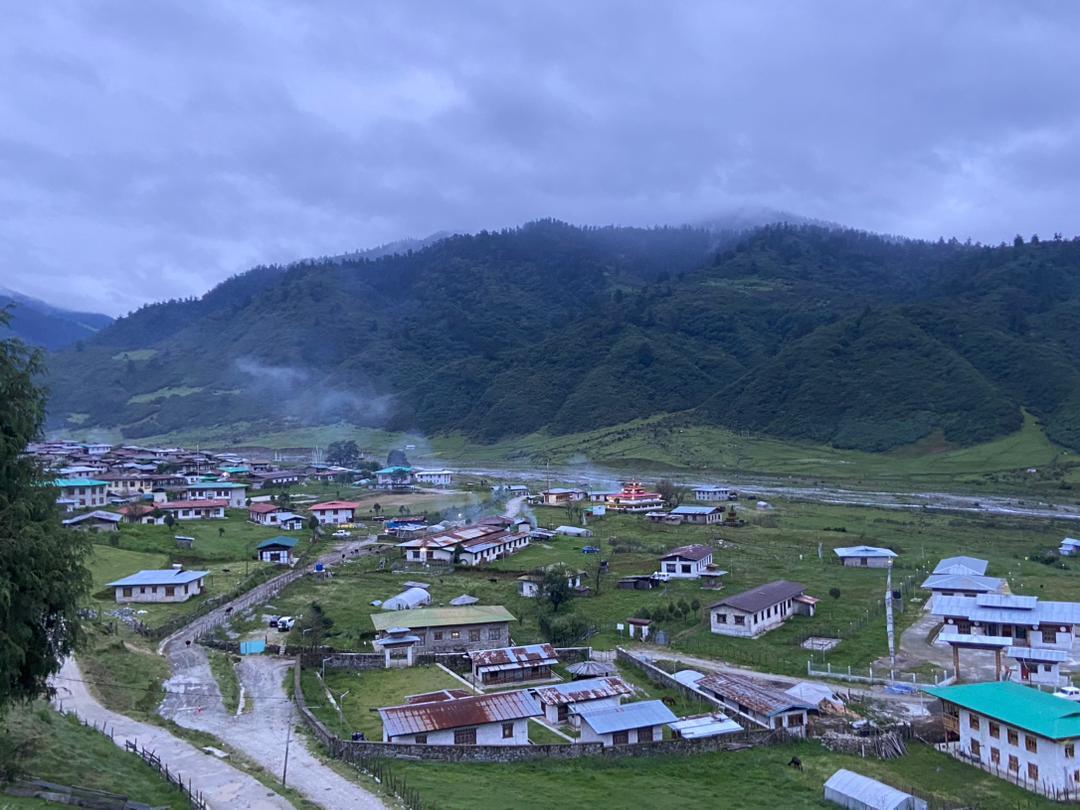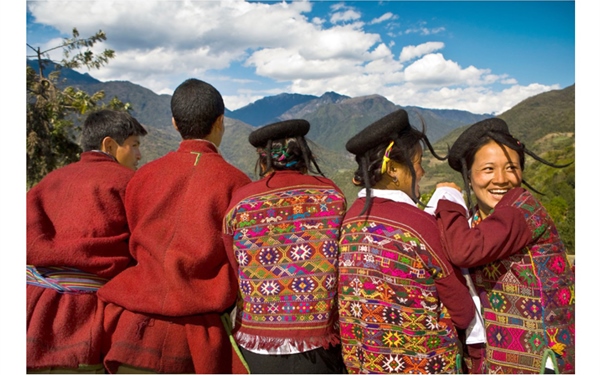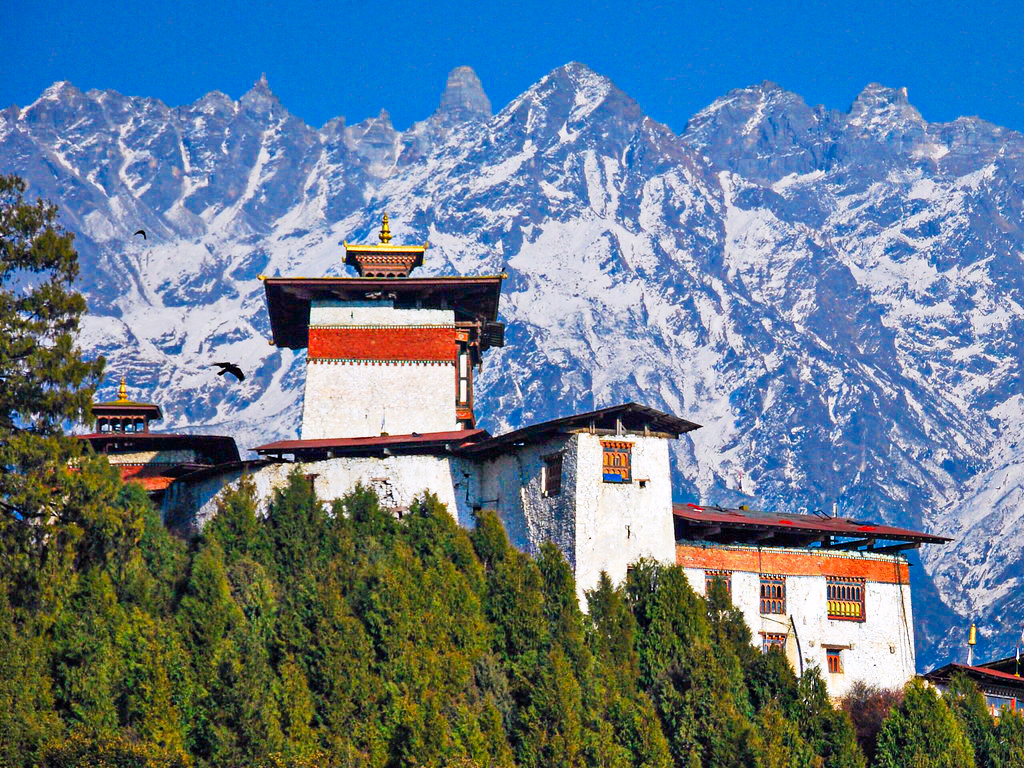CHOOSING OF BETRAYAL AND ITS IMPLICATIONS
The first novel of Khaled Hosseini, the kite runner was published in year 2003. An Afghan story of a boy Amir and his life events is told through first person point of view exploring on different themes. The various themes like loyalty, secret, experience of immigrant and betrayal influence the development of the novel. Although lot of themes are displayed through different characters, the theme of betrayal is highlighted through major character Amir and his father, Baba. The idea of choosing betrayal by protagonist Amir and Baba bring lots of implication on the lives of other characters like Hassan, Ali and themselves.
Firstly, the choice of protagonist Amir to betray his half-brother, Hassan results change in life of Ali and Hassan. The first incident of betrayal begins from the incident of an alley after kite fighting tournament. In chapter seven in the novel, he mentions that, “I had one last chance to make a decision. One final opportunity to decide who I was going to be. I could step into that alley, stand up for Hassan-the way he’d stood up for me all those times in past-and accept whatever would happen to me. Or I could run. In the end, I ran.” (p.68) despite Hassan being only loyal friend and always helping him, he decides not to rescue Hassan when he is being sexually assaulted by Assef. Moreover, in chapter nine, it says “I lifted Hassan’s mattress and planted my new watch and a handful of Afghani bills under it” (p.91) and then he accuses Hassan for stealing it. All this act of betrayal leads to Hassan’s miserable life. Hassan loses his nang and namoos, honor and pride of man which make his father and him leave Wazir Akbar Khan, the comfortable and safe Pashtuns place for Hazara. Ultimately, this betrayal results ending forty-year relationship between Baba and Ali as well. At one point, reader can feel that Hassan’s death is also a consequence of Amir’s betrayal as if Hassan was not compelled to leave to Hazarajat, they could have fled to America with them, saving Ali and Hassan from brutal death.
Secondly, the betrayal Baba chooses to commit not only affects servant Ali but also on his own legitimate son, Amir and other illegitimate son, Hassan. Baba’s betrayal results stealing Ali’s right to a husband and a father when he was still alive. His betrayal has crushed Ali’s nang and namoos, honor and pride of man that makes him intolerable during Amir’s betrayal on Hassan where he chooses to leave to Hazarajat to protect Hassan. Ultimately it results unfair death of them in the end. Moreover, in chapter seventeen, Amir finds out about Baba’s betrayal of Ali and subsequent betrayal of Hassan. It makes him realize how Baba had eventually betrayed him to believe in his word, “…when you tell a lie, you steal someone’s right to the truth…” (p.16). Baba has broken his own morals by lying to Amir and Hassan, forbidding two from knowing truth about being half-brother. All act of Baba’s betrayal that remained as secret led to destruction of friendship and brotherhood between Amir and Hassan. If Amir knew the truth, his treatment towards Hassan could have been better and that could have saved Amir from betraying Hassan.
Thirdly, Amir and Baba face the consequences for choosing betrayal over their loyal friends. Just in the beginning of the chapter of a novel, it states that, “…the past claws its way out. …I realize I have been peeking into that deserted alley for the last twenty-six years.”(p.2) the statement clearly shows how Amir is suffering from past guilt of betraying Hassan. His heart cringes every time on hearing Hassan’s name. Thus, this guilt that he was not able to get rid of from mind leads him back to Afghanistan on hearing Rahim Khan tell, “Come. There is a way to be good again.”(p.168). His journey back to Kabul and pain he goes through to protect Sohrab are all consequences of betraying his friend that he wants to redeem himself. Furthermore, “I envied her. Her secret was out spoken. Dealt with…” (p.144) from the novel shows his betrayal leading him to envy courage of his own wife for being honest. It also shows how he is going to lead a dishonest relationship. According to Enotes blog, it mentions that, inability to father a child with his wife symbolize his past guilt that he chooses. Similarly, in chapter twenty-three, the letter handed to Amir by Rahim Khan clearly shows how Baba suffered for choosing to betray Ali. The letter in the novel states, “Your father, like you, was a tortured soul, Amir Jan.”(p. 263) it clearly depicts how Baba faced consequences for betraying someone who is always loyal to him. All his act of betrayal not only tortured other soul, he suffered himself seeing on his result of deceitful work, Hassan. However, on other side feeding the poor on streets, building orphanage and giving money to friends in need are all positive consequences of his betrayal that changed his life.
To conclude, the idea of choosing betrayal by Amir and Baba changes all the lives of different characters, particularly of Hassan and Ali. Similarly, even their own life is getting changed as a consequence of choosing to betray other characters. Idea of choosing betrayal by Amir results bringing change in Hassan’s life which consequently affects Ali along with them. Similarly, Baba’s decision to betray Ali ends up being cause of all the betrayal his son Amir choose. At the end, the betrayal they choose over loyalty on other character ends up changing their own life in both positive and negative way.
References
eNotes. (2011, June 3). Retrieved from eNotes: http://www.enotes.com/homework-help/kite-runner-how does-amirs-betrayal-hassan-guilt-261929
Hosseini, K. (2011). The Kite Runner. New Delhi: Bloomsbury Publishing.
Matt, C. (2014, Feb 9). Litcharts. Retrieved from Litcharts: http://www.litcharts.com/lit/the-kite-runner/themes/betrayal

















Comments
Post a Comment